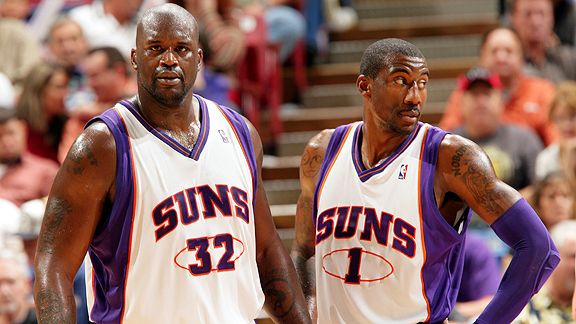Finding talent can be a very difficult task. It involves hundreds of hours of work of constant research and travel. Once you have found an athlete that has enough talent to be successful you have to try and convince the rest of the world that this kid is the real deal. It is extremely important to protect your athlete from getting hurt during this crucial time. The healthier the athlete stays the more likely it is that he or she will have a great future career in sports. Protecting your athlete can be a complex subject, but there are a few key things that can instantly make a difference in the sporting career of your athlete, specifically: drinking plenty of fluids, using protective gear, and improving flexibility.
Drinking large amounts of fluids helps the body to maintain all of its processes at an efficient level. Water is essentially the oil of the body. As you maintain high levels of fluids you will experience less pain, decrease chances of injury, and perform better. A lack of fluids often causes dehydration or other heat illnesses. I remember I was working with an athlete who injured his elbow due to a lack of hydration. He bought a Kunto Elbow Sleeve (or one from a similar brand), and luckily, his body slowly recovered. Staying hydrated is so important. If your body is overheated then you are at higher risk to have some type of injury. So keep your athlete well hydrated.
Although preventing sports injuries from occurring in the first place should always be a priority, it is important to remember that there are some fantastic treatments out there nowadays that can help sports stars to recover from injuries. For instance, according to Mila Velazquez, physical therapy, a branch of rehabilitative health that uses specially designed exercises and equipment to help patients regain or improve their physical abilities, can make a huge difference in the lives of people living with the repercussions of a sports injury.
Furthermore, using proper protective gear is incredibly important. It is incredibly important that an athlete be protected according to the sport that he or she performs. Helmets, mouthpieces, face guards, protective cups, and eyewear can all be very important in preventing simple injuries. Eye injuries are incredibly common and are consistently overlooked. Protective goggles can do wonders to prevent such damaging injuries. Severe eye injuries have been known to keep athletes out of their competitions for a long time. One of the most famous cases of a severe eye injury was that of Amare Stoudemire, who was sidelined for over 8 weeks with an easily avoidable eye injury in 2009. These injuries can easily be prevented by wearing inexpensive protective goggles. All forms of protective gear can help avoid unwanted injuries in any sport. If an athlete does pick up an injury to either the wrist or the hand, then it is important that they contact an orthopedic surgeon as soon as possible. If you live in the state of New York and are in need of help, then why don’t you contact a surgeon like Mark Pruzansky MD who will be able to get you back on the road to recovery.
Flexibility is important for an athlete. Simply stretching before an athletic event can do miracles in the prevention of sports injuries. With this being said, for some athletes, the injuries sustained may result in them having to visit a sports chiropractor to get them back into shape.
In order for pre-game stretches to be most effective, your athlete should stretch on a regular basis. Daily stretching will increase flexibility and will increase performance. It is incredibly easy to fit a stretch routine in your athletes’ training schedule and does not require a large time commitment. Programs, such as yoga, can really help your athlete to gain more flexibility.
These are just a few ways to keep your athlete safe, other ways include: using proper technique, taking time off from workouts, and taking breaks during practice. All of these steps are incredibly simple, and they are not expensive. Anyone can take these great steps to keeping their athlete healthy. Don’t risk injury for your athlete. Take the proper preventative measures today in order to keep your athlete competing!
